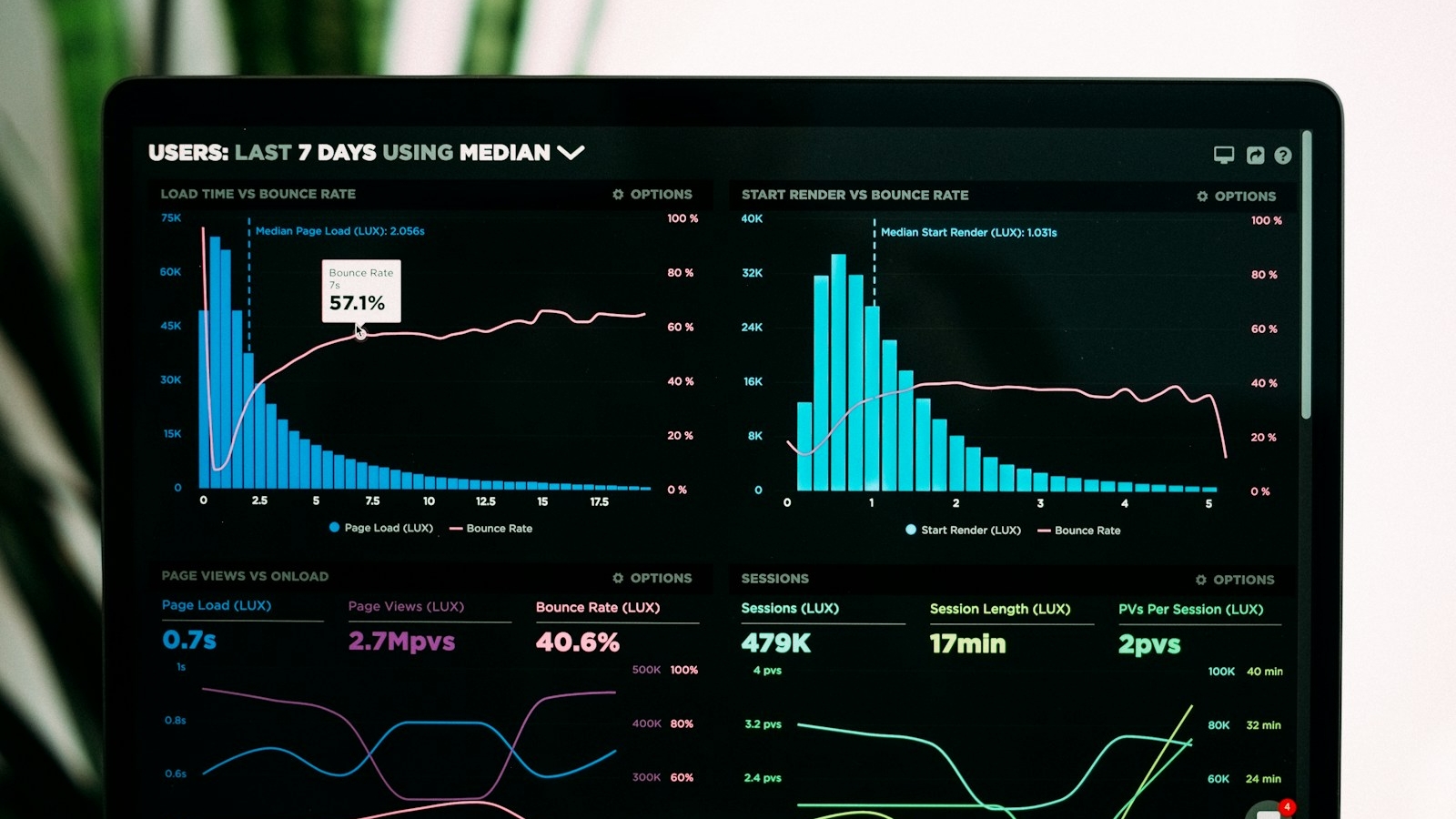In today’s rapidly evolving hospitality industry, Online Travel Agents (OTAs) have become an indispensable tool for hoteliers aiming to increase visibility and drive bookings. From global giants like Booking.com and Expedia to regional platforms like Goibibo and MakeMyTrip in India, OTAs give hotels access to millions of potential guests worldwide. However, despite their undeniable benefits, OTAs come with their own set of challenges that hotel owners need to carefully consider.
For hotels in India, Southeast Asia, and beyond, understanding the pros and cons of relying heavily on OTAs for revenue growth is key to creating a balanced, sustainable distribution strategy. In this blog post, we will explore both the advantages and disadvantages of OTAs, so you can make an informed decision on how to best use these platforms to grow your hotel’s business.
1. Global Reach and Increased Visibility
One of the most significant advantages of partnering with OTAs is the global visibility they offer. OTAs are the first place many travelers go when searching for hotels, making them an ideal channel for reaching a broader audience, especially international guests.
- Exposure to a Global Audience: Platforms like Booking.com, Agoda, and Expedia attract millions of travelers from around the world. For hotels in India, this means more international guests, which is particularly beneficial for cities like Mumbai, Delhi, or Jaipur, which draw tourists from across the globe.
- Attracting Niche Markets: OTAs are not only great for broad market reach but also allow hotels to target specific traveler segments. For example, a boutique hotel in Goa may find success on Airbnb, catering to millennials and digital nomads looking for unique, personalized experiences.
In summary, OTAs offer an invaluable platform for hotels to showcase their properties to a large pool of potential guests, boosting both brand visibility and bookings.
2. Increased Booking Volume and Occupancy Rates
For many hotels—particularly small and independent properties—OTAs provide an easy way to fill rooms during off-peak seasons or when there’s less demand. By listing your property on popular OTAs, you gain access to their global network of travelers actively looking for accommodations.
- Instant Access to a Ready Pool of Customers: OTAs’ large user bases often translate to faster bookings and increased occupancy rates, particularly during periods when your hotel’s direct marketing efforts might fall short. For example, during the festive season in India, travelers are more likely to use OTAs to book a room in Kochi, Jaipur, or Agra.
- Seamless Booking Process: The booking systems offered by OTAs are streamlined and user-friendly, making it easier for guests to make reservations on the go, which in turn increases booking volume. The 24/7 availability of OTAs also caters to international travelers in different time zones.
With OTAs, hotels can consistently attract new guests, especially those looking for convenience and a quick, secure booking process.
3. Reduced Marketing Costs
OTAs are a cost-effective solution for hotels that lack the marketing budget to compete with larger hotel chains. Instead of investing heavily in paid ads, SEO, or other forms of online marketing, OTAs provide a built-in audience, reducing the need for expensive marketing campaigns.
- Exposure Without the Advertising Spend: Hotels can leverage the marketing budgets of OTAs, which spend millions of dollars on advertising to attract travelers to their platforms. This eliminates the need for hotels to spend on ads or promotions that may not yield the same results.
- Global Search Visibility: Many OTAs rank high in search engine results, so listing your hotel on platforms like Expedia or Booking.com can help drive organic traffic to your property without the added cost of SEO.
For small hotels in India, Thailand, or Vietnam, this reduced marketing burden allows them to compete on a global scale without significant financial strain.

The Cons of Relying on OTAs for Hotel Revenue Growth
1. High Commission Fees
Perhaps the biggest downside of relying heavily on OTAs is the commission fees, which can range anywhere from 15% to 25% or even higher, depending on the platform and your contract. These fees can significantly eat into your hotel’s profit margins, especially when OTAs account for a large percentage of your bookings.
- Reduced Profit Margins: While OTAs provide a convenient channel for bookings, the high commission fees can take a big chunk out of your revenue. This is particularly challenging for smaller hotels or budget properties that rely on volume to maintain profitability.
- Dependence on OTAs for Revenue: The more you rely on OTAs, the more you’re handing over control of your pricing and revenue to third parties. This can be risky if commissions increase or the OTA’s algorithms change, potentially affecting your hotel’s visibility and revenue.
To balance this, hotels should aim to reduce their reliance on OTAs by encouraging direct bookings through their own website or loyalty programs, which come with lower costs.


2. Lack of Control Over Guest Experience
When you rely on OTAs to manage bookings, you lose control over certain aspects of the guest experience. Since most OTAs handle reservations and customer communication, you may have limited insight into guest preferences, making it harder to deliver personalized services.
- Limited Interaction with Guests: OTAs typically handle payment processing and customer communications, meaning hotels may not have direct access to guest preferences, special requests, or feedback. This can limit opportunities to personalize guest experiences and foster loyalty.
- Inconsistent Branding: OTAs control the presentation of your hotel on their platforms, which may not align with your hotel’s brand image or messaging. Guests may only see part of what your hotel offers, and crucial selling points (like your restaurant, spa, or special amenities) could be overlooked.
Having a good mix of direct and OTA bookings allows you to retain more control over the guest experience, from initial inquiry to post-checkout feedback.
3. Price Parity and Rate Control Issues
OTAs often require hotels to maintain price parity, meaning you cannot offer a lower price on your own website than what is listed on the OTA platform. This can limit your ability to offer special discounts or exclusive promotions to drive direct bookings, and in some cases, it might lead to price wars that hurt overall profitability.
- Price Restrictions: With price parity clauses in place, hotels may be forced to sell their rooms for the same rate across all distribution channels. This restricts flexibility in pricing and makes it harder to offer promotions that encourage guests to book directly.
- Rate Underpricing: Competing with a large number of hotels on OTAs can sometimes lead to underpricing, particularly if you feel pressured to match competitor rates. This can harm your revenue and erode the perceived value of your property.
For hotels in India, Thailand, or even Dubai, where the competition is fierce, controlling pricing strategies becomes a delicate balancing act.


4. Brand Dilution
When your hotel is listed on an OTA, it’s just one of many options in a vast marketplace. Guests may choose your property based on price, location, or availability, but the OTA itself is the focal point of the transaction, not your brand.
- Limited Brand Loyalty: Since OTAs tend to focus on the booking process rather than the hotel’s brand experience, it can be challenging to build lasting loyalty with guests. Travelers may book based on price or location rather than loyalty to your hotel, making it harder to cultivate repeat guests.
- Generic Experience: Guests who book through OTAs may have a generic experience since OTAs often control the guest communication process, reducing the opportunity to connect with guests and build a unique brand identity.
By fostering direct bookings through your website, you have more control over the guest journey and can create a memorable brand experience that encourages repeat visits.
How to Strike the Right Balance Between OTAs and Direct Bookings
While OTAs are a valuable tool for growing hotel revenue, it’s important not to rely on them exclusively. Here are a few strategies to create a balanced approach:
- Encourage Direct Bookings: Offer exclusive benefits like discounts, free upgrades, or loyalty points for guests who book directly through your website.
- Optimize Your Website: Ensure your hotel website is SEO-friendly, mobile-responsive, and easy to navigate to maximize direct bookings.
- Leverage OTAs for Global Reach: Use OTAs to attract international travelers and fill gaps during low-demand periods, but focus on building a direct relationship with returning guests.
By combining OTAs for reach and visibility with strategies to drive direct bookings, your hotel can optimize revenue, reduce commission costs, and maintain control over guest experience and pricing.

